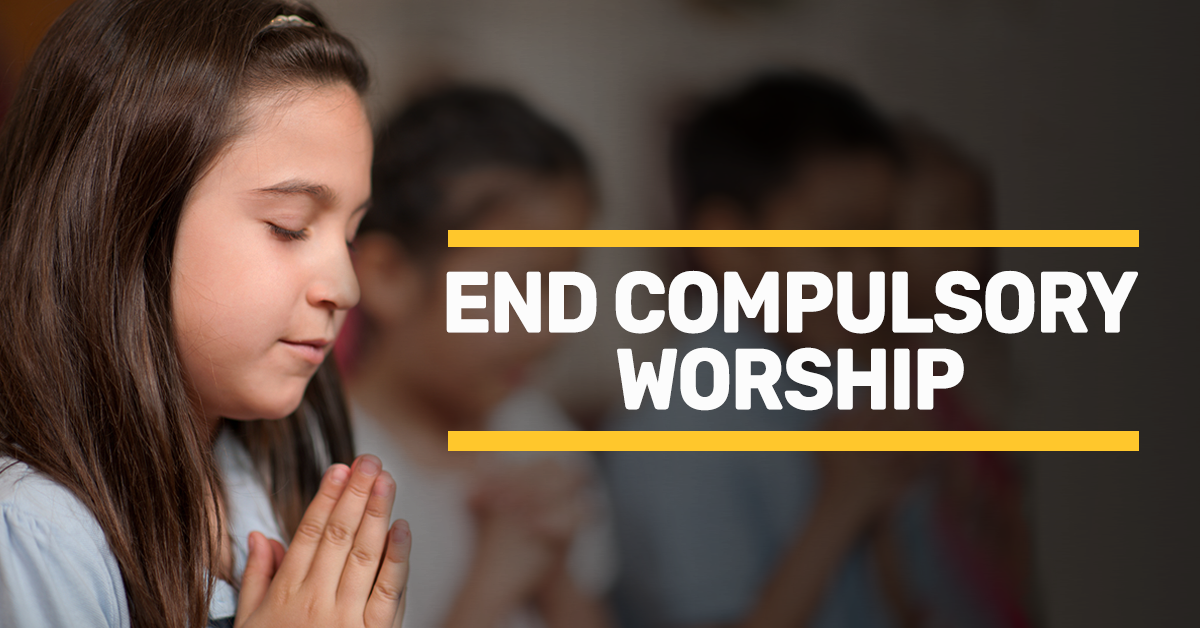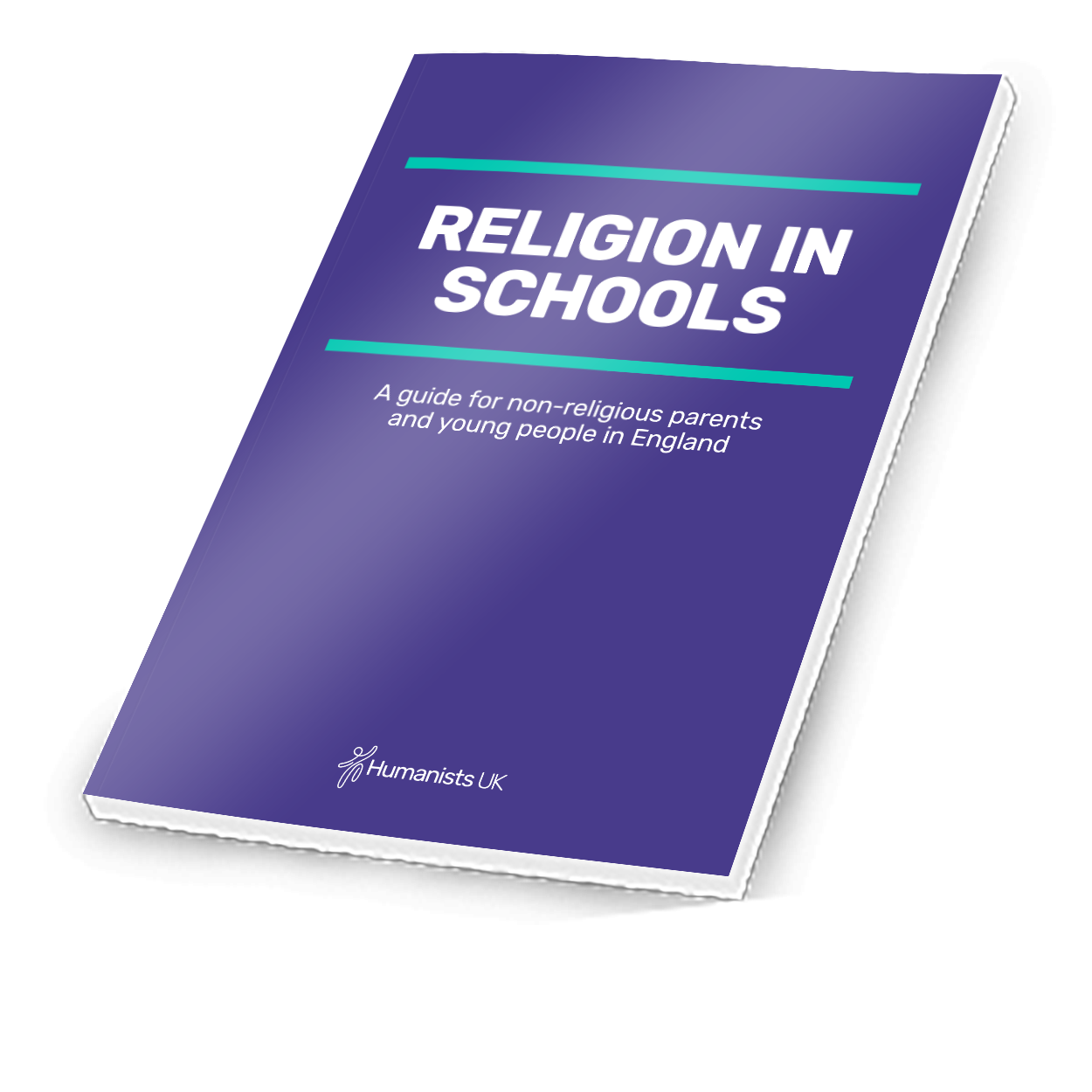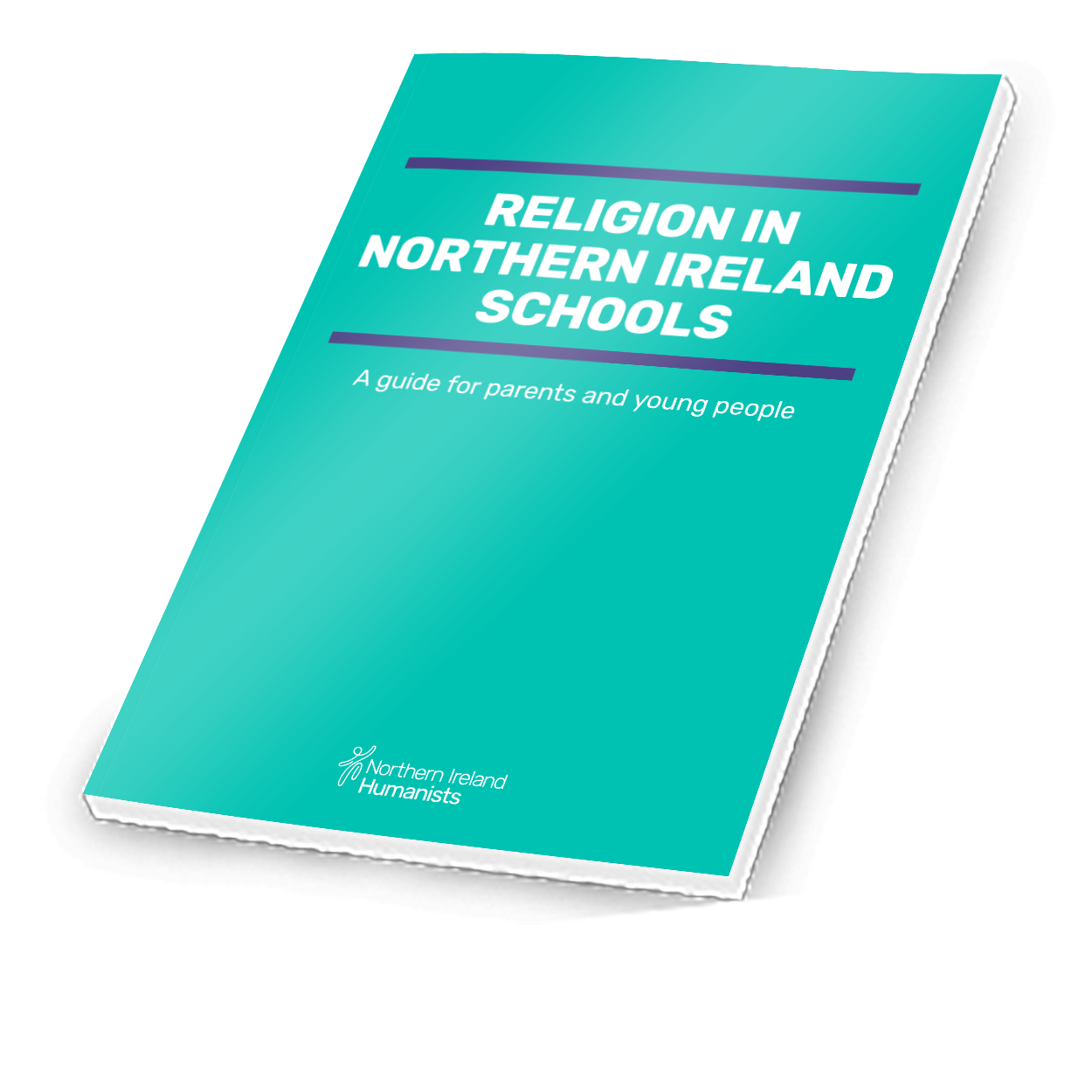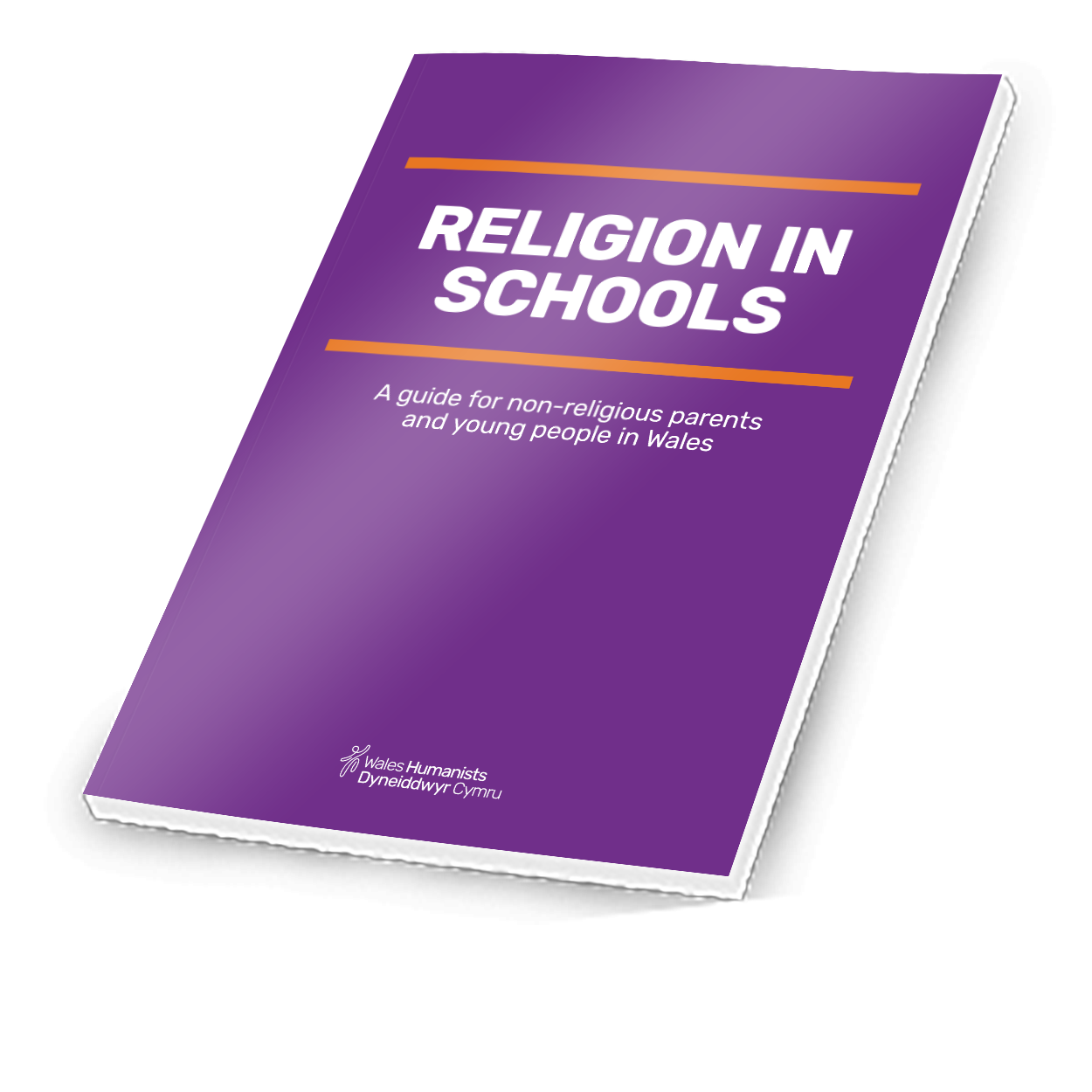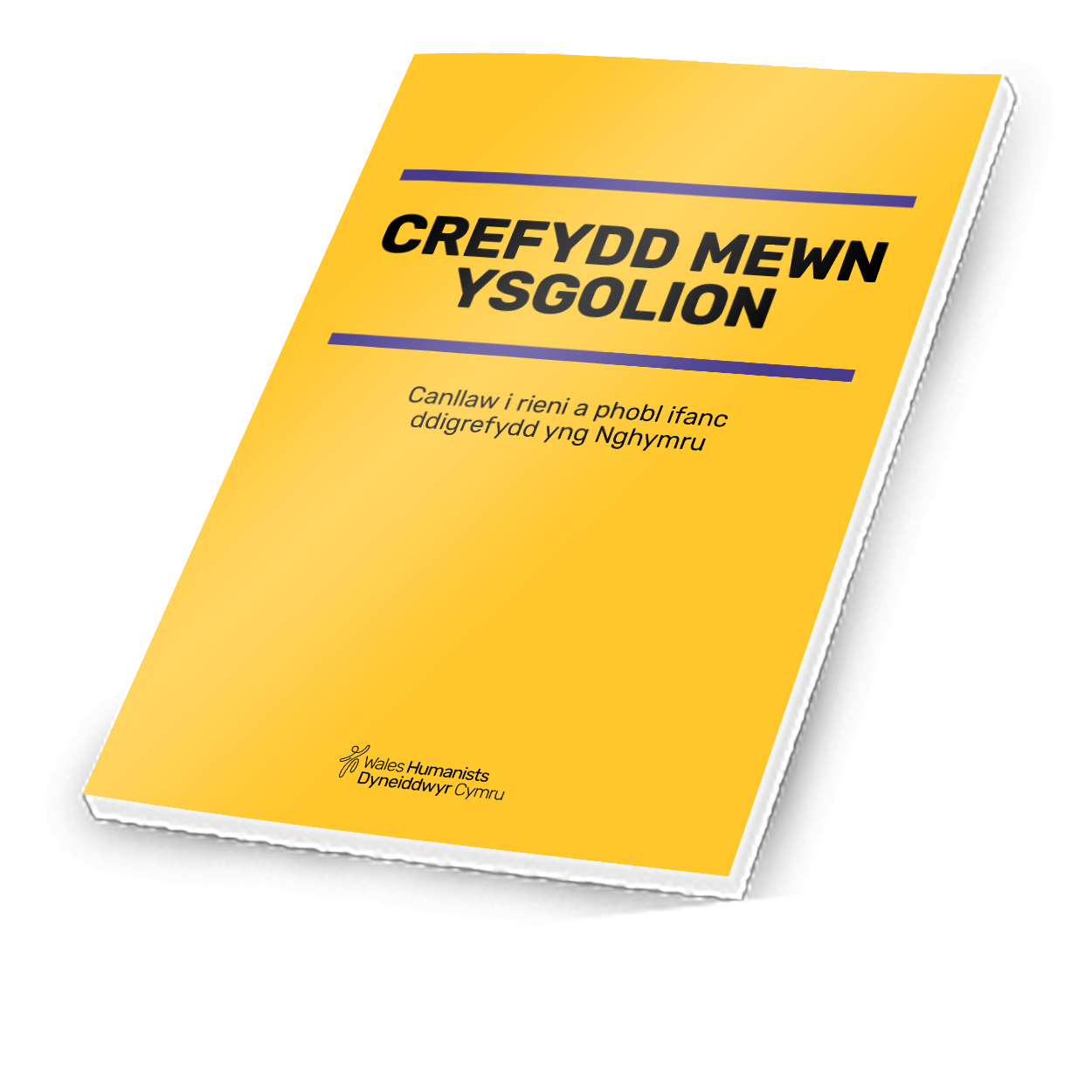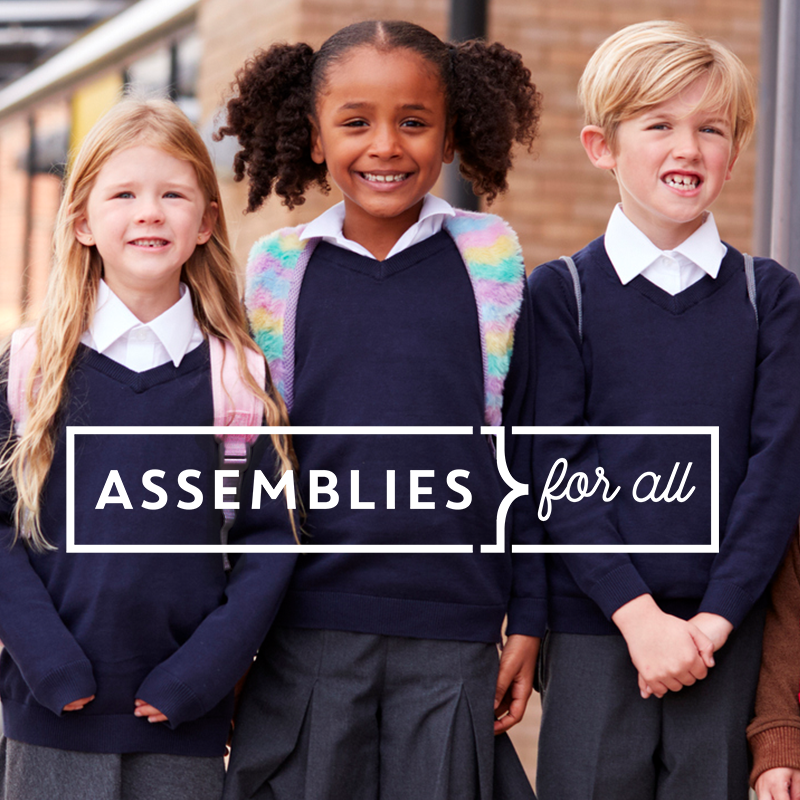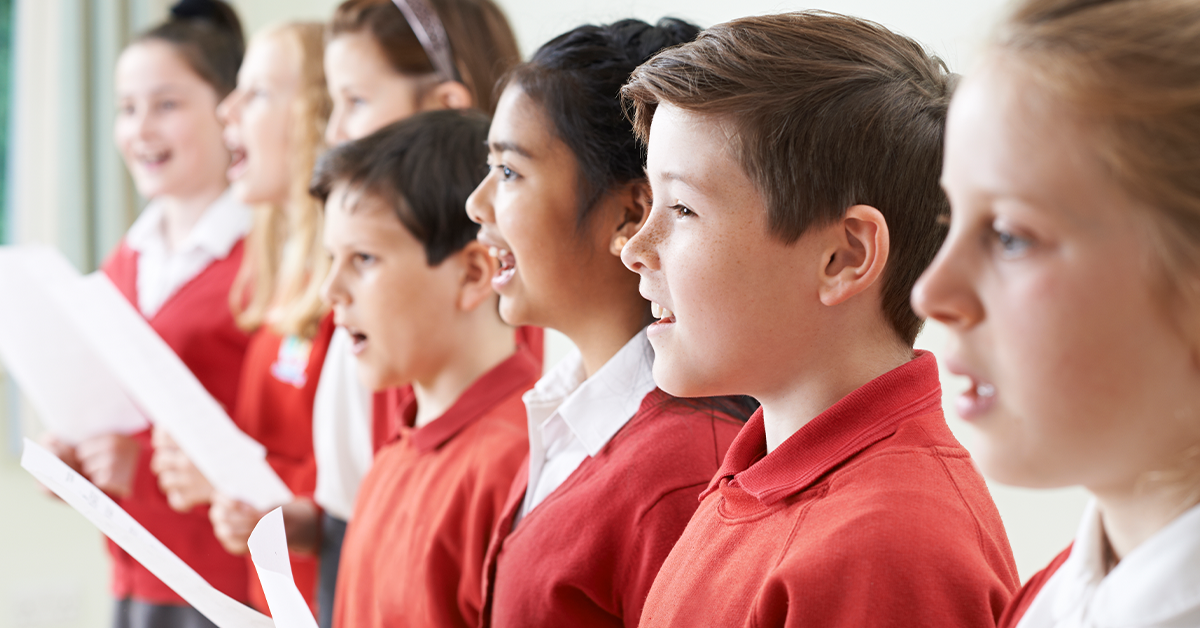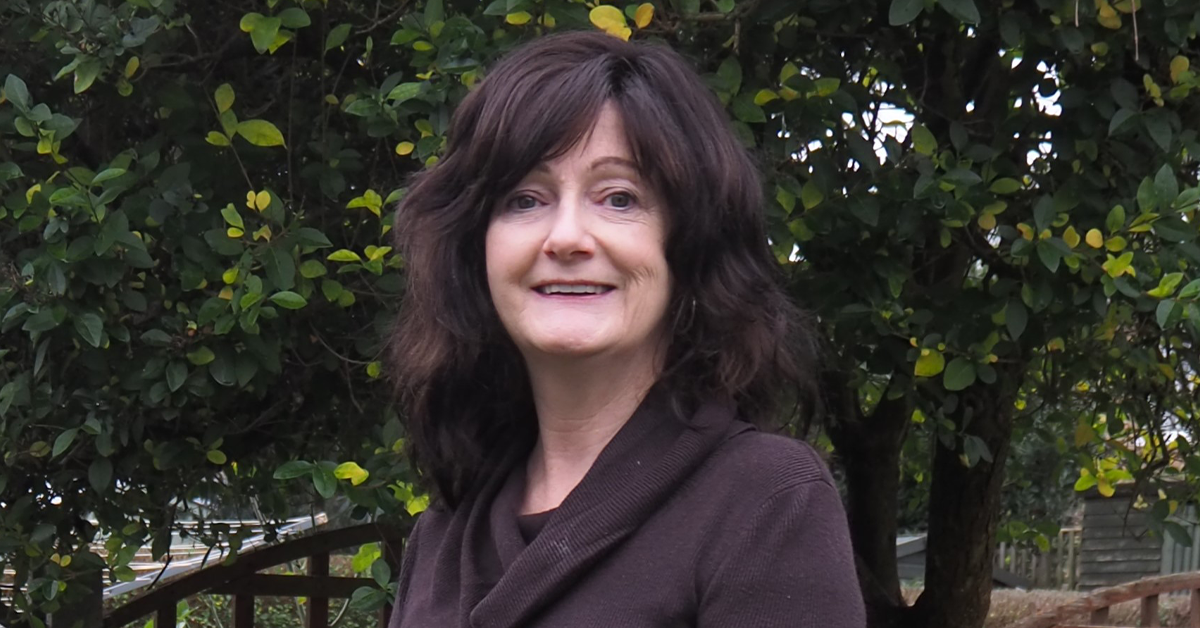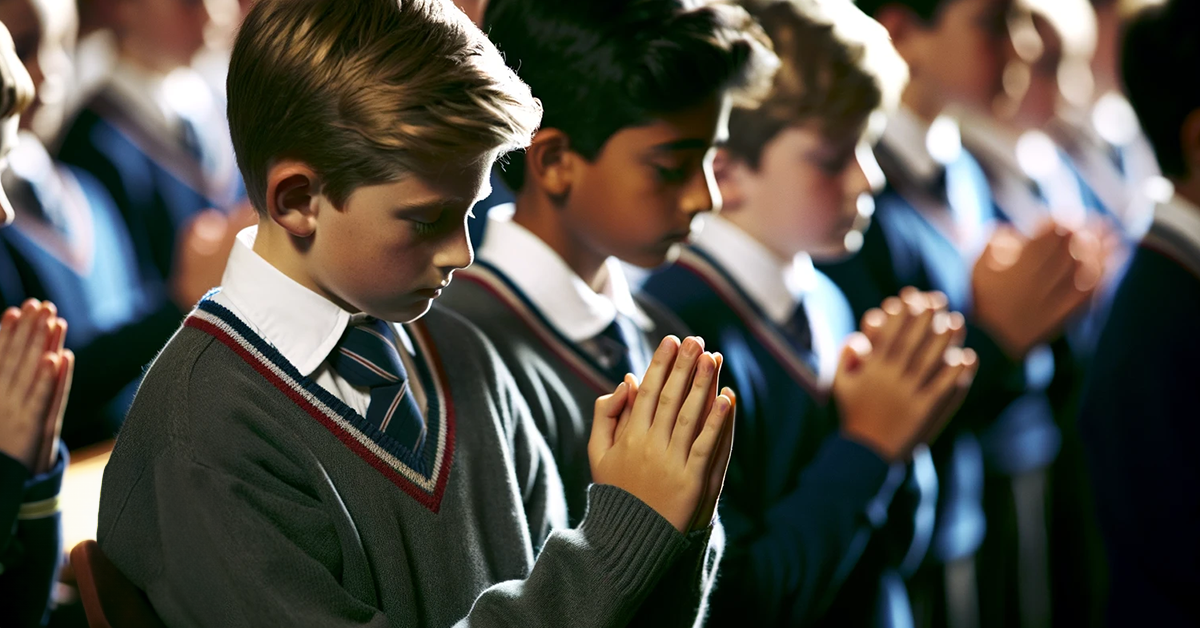
The legal challenge to Michaela Community School’s ban on children gathering to pray has divided popular and media opinion – sometimes along surprising lines – in recent days.
Apart from three patriotic hymns sung in rotation in assemblies, the school says that there is no religious worship of any kind in its timetable. Having at first allowed voluntary self-organised prayers by pupils, they say they decided to stop doing so after instances of coercion, in which pupils were being bullied by other pupils into participating and which were beginning to divide the school – whose unique selling point to parents is its emphasis on regimented, strict discipline.
Critics argue that more could have been done to accommodate pupils to pray privately, that prayers need not take so much time that they divide children from each other in any meaningful way, and that the question of bullying and coercion could and should have been dealt with separately without a blanket ban.
We know from our own casework supporting parents that such coercion and bullying behaviour between pupils does in fact happen. But it is also the case that many schools easily manage the provision of time and space for voluntary prayers, and prevent undue pressure being imposed on students by promoting a strong anti-bullying culture which celebrates individuality and freedom of belief.
The judgment of the High Court in this case as to whether the school’s actions in limiting the freedom of expression of these pupils was legitimate and proportionate will be groundbreaking one way or another. In the meantime, without more facts, it’s hard to say any more about this case.
What we can say more about is the nature of the social and mainstream media commentary it has occasioned. In the hands of some, this case has been framed as ‘Islam vs cohesion‘ or ‘Multiculturalism vs Britishness‘, or as a pretext for anti-Muslim bigotry.
A better public discussion – about the balancing of competing rights, of school ethos and individual freedom, and of religion or belief and education – is possible and should be sought. If nothing else, at least the debate has opened up a welcome discussion about the nature of prayer in schools, and a fact that the average Briton often forgets: that daily Christian worship is a legal requirement by default in state schools across England and Wales.
What’s remarkable in this discussion is that it has brought out shades of opinions in the British media in places where you wouldn’t expect to find them. Right-wing newspapers that in the past have mocked calls to reform school assemblies and end compulsory prayer have largely backed Michaela, and supported its head’s view that a secular school ethos (leaving aside for the moment the question of whether Michaela really is secular) is a fair solution that creates fewer problems for schools all round.
Worship in UK schools
If members of the government agree with those newspapers (and the current Secretary of State for Education last week seemed to indicate she did) they should make time to look at reforming all the laws around religion and schools in England.
The Michaela case illuminates an obvious place to start. The 1944 Education Act which requires state schools to hold ‘broadly Christian’ acts of daily ‘worship’ is plainly not compatible with today’s pluralistic and increasingly non-religious society, and has already been condemned by the UN as in breach of the UN Convention on the Rights of the Child. The National Governance Association has called for the requirement to be abolished since 2018, as have most teaching unions.
As humanists, we believe every child should be free to shape their own beliefs as they grow older. As part of that, we think every child is entitled to a broad-based, inclusive Religion and Worldviews curriculum which covers the major world religions and humanism. And we think children who have religious beliefs should feel safe and accepted in their school. Schools which physically and practically can do so ought to make reasonable accommodations for those who want to privately pray or worship where it doesn’t infringe the rights and freedoms of others.
Supporting parents
Collective worship cases form the single largest category of casework we receive at Humanists UK, closely followed by admissions. We support parents all year round who find themselves shocked to discover that prayer is a mandatory part of school life – and so turn to us for help. For schools that choose to enforce the law strictly, there’s little they can do, short of taking their school and the Department for Education to court (a route that very few parents want to take).
This last happened in 2019, when we supported the Harris family after their nonreligious school was taken over by the local Anglican multi-academy trust – but the case ended out of court, after the school realised it had a losing case on its hands and chose to settle. The meaning of this was clear: the law would not stand up to challenge.
We’re campaigning to replace collective worship laws with a requirement for inclusive assemblies that all pupils can participate in and benefit from equally. A series of well-drafted Private Member’s Bills in recent years have shown how easily a change could be effected. The reality is that our present law simply isn’t fit for purpose anymore, and most parents agree.
Practical reforms
It is clear that tackling these issues requires more than soundbites – it demands serious thinking in government about how to make our education system fairer and more inclusive. In a special House of Lords debate on the quality of Religious Education last week, there was much consensus about the need for substantial reforms in this area – including replacing variable local RE with a national curriculum for Religion and Worldviews, and abolishing the requirement on ‘collective worship’.
At the coming election, both the incumbent and the opposition parties appear to be pushing a message of ‘change’. Whoever is Education Secretary will need to deliver on that, too. They would do well to heed the advice of the National Governance Association, charities like the Sutton Trust, and bodies like the Commission on Religious Education and the Commission on Religion and Belief in British Public Life, who in recent years have all pointed to the need to reform the role of religion in schools.
The controversy at Michaela Community School is just the latest in a line of high-profile conflicts that highlight the many ways in which education policy has simply not kept pace with social change. In 1944, the UK was a relatively homogenous society. Today it is much more pluralistic and diverse, but united by shared values, and with a majority now saying they have no religion. Modernising our schools to better reflect that reality will only become more urgent and, if we take the right to freedom of belief and expression seriously, essential.
Andrew Copson is the Chief Executive of Humanists UK. Andrew has spent his career working in education policy, and is a former director and trustee of the Religious Education Council, the Values Education Council, and the National Council for Faiths and Beliefs in Further Education.
Related links
We produced the following guides for parents, informed by our decades of education policy work and casework supporting parents.
Humanists UK also support parents and school leaders to organise inclusive assemblies through our Assemblies for All resource hub, and we support high-quality local RE by providing humanist representatives to local councils’ RE committees.
Notes
For further information or comment, please contact Kathy Riddick on press@humanists.uk.
Humanists UK is the national charity working on behalf of non-religious people. Powered by 120,000 members and supporters, we advance free thinking and promote humanism to create a tolerant society where rational thinking and kindness prevail. We provide ceremonies, pastoral care, education, and support services benefitting over a million people every year and our campaigns advance humanist thinking on ethical issues, human rights, and equal treatment for all.
Read more about our work on fairer school admissions, ending forced prayer in schools, and supporting high-quality RE, and our policy relating to religion in schools. You can help support this work by donating to our 2024 Faith Schools Campaigner appeal.

